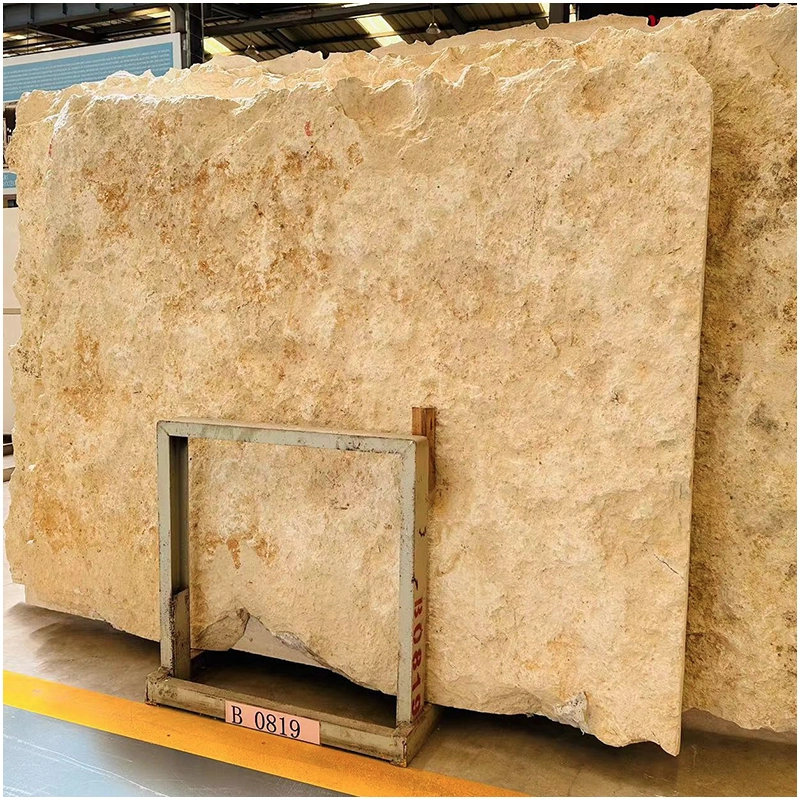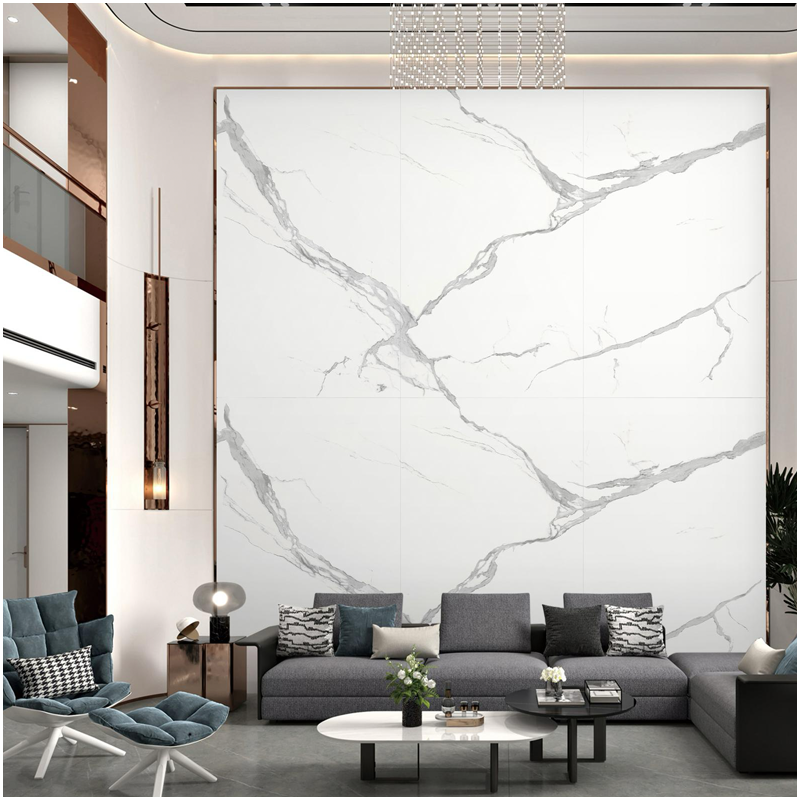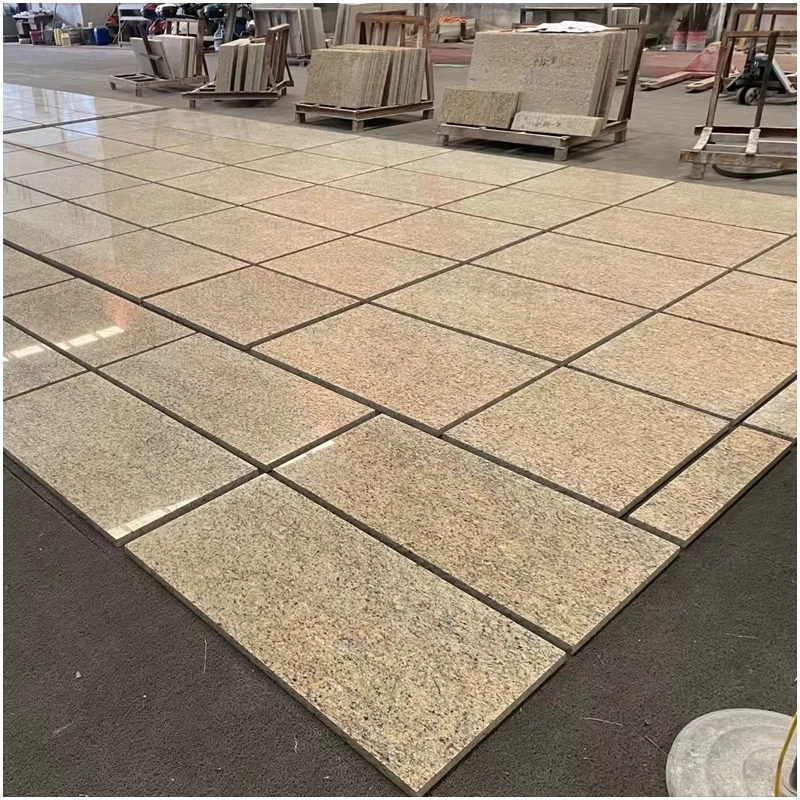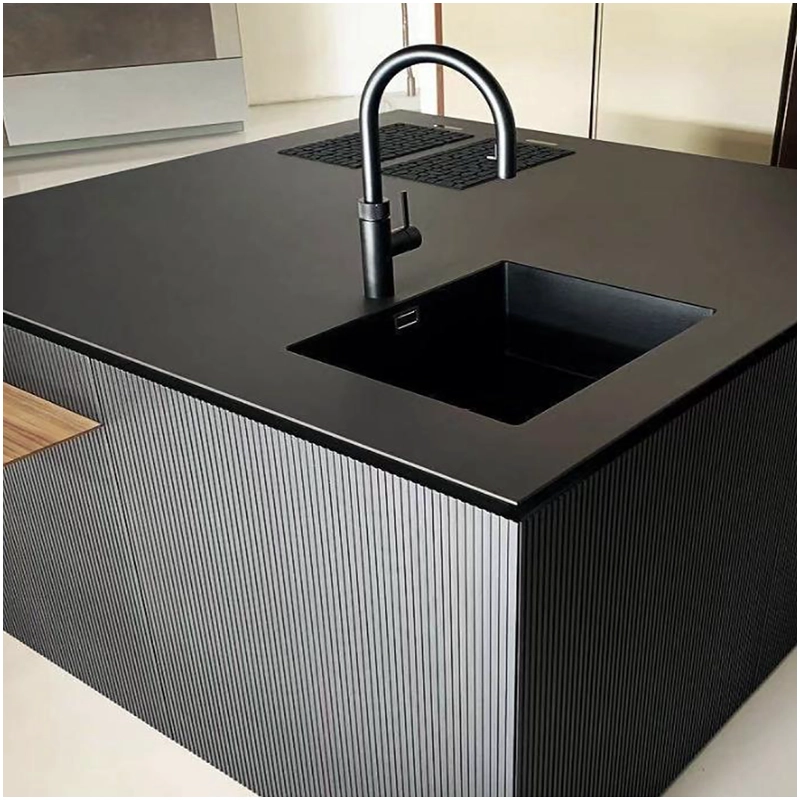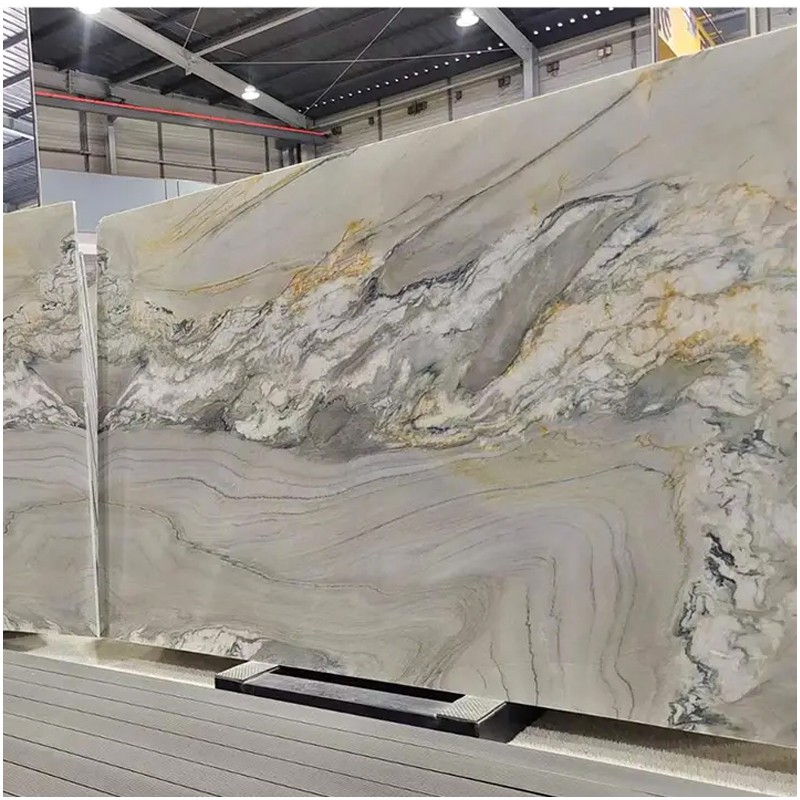Few flooring materials match the prestige, elegance, and natural beauty of marble floors. Used in palaces, villas, and modern luxury homes for centuries, marble continues to stand the test of time. This guide explores every facet of marble floors — from their timeless charm to design applications, expert maintenance strategies, and how to choose the right marble for your specific needs.
Whether you’re renovating a single room or building your dream home, this article offers practical insights and design inspiration for integrating marble floors into your lifestyle.

The Enduring Appeal of Marble Floors
Marble floors have transcended trends and remain a staple of high-end interior design. But their appeal goes beyond just aesthetics:
Unique Natural Patterns: No two slabs are the same. Each installation becomes a one-of-a-kind artwork under your feet.
Reflective Properties: Polished marble reflects natural and artificial light, making spaces feel brighter and more spacious.
Cool Underfoot: Especially beneficial in warmer climates, marble floors help maintain indoor comfort.
耐久性: Properly sealed marble can last generations, resisting scratches and wear in high-traffic areas.
“Marble is not just a stone. It’s a story written by nature and finished by craftsmanship.”
- Angela Park, Interior Designer at Casa Lux Studio
Design Inspirations for Every Style
Contemporary Minimalist Elegance
Modern design leans heavily into simplicity. Here’s how marble floors bring a contemporary aesthetic:
Use large format tiles in neutral tones like grey, beige, or white.
Select marbles such as Volakas, Tundra Grey, or Pietra Grey.
Consider matte finishes for a soft, understated elegance.
Align the floor pattern with the geometry of your space — straight lines, grid layouts, or asymmetrical placement.
Classic European Grandeur
Historical designs never go out of style. Create opulence with:
Checkerboard black and white marble floors in entryways.
Ornamental medallions as focal points in circular rooms.
Herringbone or Versailles patterns with Emperador and Crema Marfil marbles.
Decorative borders using dark and light marble trims.
Bohemian and Eclectic Vibes
For those who value creativity and expression:
Mix marble with other materials like wood or brass inlay.
Use colorful marbles like Rainforest Green or Rojo Alicante.
Explore non-traditional shapes — hexagons, arabesque, or irregular cuts.
Combine tumbled finishes with colorful mosaics for a vibrant floor statement.
Room-by-Room Marble Floor Planning
Entryways and Foyers
First impressions count. Marble floors in entryways can set the tone for your entire home.
Opt for intricate patterns, medallions, or borders.
Use high-gloss finishes to reflect light.
Combine with dramatic lighting or chandeliers for maximum impact.
Living Rooms
Use neutral-tone marble to create a calm, welcoming environment.
Add area rugs to soften the look and define zones.
Try floor-to-wall marble continuity for a luxury hotel-like vibe.
Kitchens and Dining Areas
Though not always considered for kitchens, marble floors work beautifully if treated correctly.
Choose honed finishes for slip resistance.
Avoid porous 弾き unless sealed with professional-grade sealants.
Consider pairing marble floors with matching countertops or backsplashes.
Bedrooms
Use soft colors like Ivory Cream, Pearl White, or light pinks.
Add texture through tumbled finishes or subtle veins.
Underfloor heating is highly recommended for comfort.
バスルーム
Go for slip-resistant honed finishes.
Use smaller tiles to increase grout traction.
Combine wall and floor marble for a spa-inspired feel.
Hallways and Stairs
Durable marbles like Thassos or Nero Marquina are ideal.
Add stair nosing or LED strip lighting under each step.
Consider repeating patterns across the hallway for visual continuity.
Choosing the Right Marble: Types, Tones & Textures
Popular Marble Types for Flooring
| 大理石タイプ | Color Tone | Best Use Area |
|---|---|---|
| カッラーラ | 白地にグレーの葉脈 | Bathrooms, Bedrooms |
| カラカッタ | White with bold veins | Living Rooms, Kitchens |
| Emperador Dark | Rich brown tones | Dining Rooms, Offices |
| Nero Marquina | Deep black with white | Entryways, Hallways |
| クレマ・マルフィル | Beige, warm undertones | Bedrooms, Living Rooms |
Finish Options Explained
ポリッシュ: Glossy and reflective, best for dry areas.
本磨き: Smooth but non-glossy; great for bathrooms and kitchens.
Tumbled: A rustic, aged appearance; ideal for farmhouse and boho styles.
ブラシ: Slightly textured surface for grip.
How to Match Marble with Interior Color Schemes
Neutral Interiors: Add bold veined marble for contrast.
Colorful Interiors: Stick with solid or lightly veined marble floors.
Dark Rooms: Use white or cream-colored marble to enhance brightness.

Installation and Maintenance Best Practices
DIY vs. Professional Installation
Unless you’re highly experienced, marble floors are best left to professionals due to:
The weight and fragility of marble tiles.
Need for precision cuts, especially in patterned installations.
Sealing and finishing techniques to avoid long-term issues.
Sealing and Stain Prevention
Seal all marble floors upon installation.
Reseal every 6–12 months depending on foot traffic.
Use coasters and mats in kitchens and dining areas.
Long-Term Maintenance Tips
Clean spills immediately — especially acidic ones like wine or citrus juice.
Avoid vinegar, bleach, or ammonia-based cleaners.
Use a soft-bristled broom or vacuum for daily cleaning.
Deep clean monthly with a pH-neutral stone soap.
Expert Opinions and Real-Life Use Cases
“We installed marble floors in our open-concept kitchen-living area and it transformed the space. The reflectiveness added depth and the cool surface is perfect for hot summers.”
- Emma Klein, Homeowner, Florida
“In luxury developments, buyers often ask for marble floors by name. It’s synonymous with quality, longevity, and timeless style.”
- Marcus Zhao, Real Estate Developer, Singapore
“We advise clients to blend 大理石 floors with warm elements like wood furniture or soft textiles for a balanced interior.”
- Natalie Burke, Architect, Burke Interiors Ltd.
Common Questions About Marble Floors
Are marble floors suitable for homes with children or pets?
Yes — but opt for honed finishes to reduce slipperiness and choose marbles that mask scuffs or small stains, like Emperador or Rainforest Brown.
How much do marble floors cost?
Anywhere from $10–$50+ per square foot for material alone. Installation and sealing will add to the cost. Budgeting $25–$70/sq.ft. total is a good estimate.
Are marble floors eco-friendly?
Marble is a natural stone, so it’s recyclable and biodegradable. However, look for sustainably sourced marble to reduce environmental impact.
Can I use radiant heating under marble?
Absolutely. Marble is an excellent heat conductor and works well with underfloor heating systems.
What’s the difference between marble tiles and slabs?
Slabs are large, seamless pieces used for luxurious spaces or walls. Tiles are more affordable and easier to install in smaller spaces.

Marble floors offer more than just aesthetics — they embody timelessness, elegance, and exceptional durability. With thoughtful selection, design planning, and proper care, marble floors can elevate the value and ambiance of any home. Whether you prefer minimalistic styles or dramatic statements, marble adapts beautifully, making it a versatile solution for both modern and traditional interiors.
Investing in marble floors is not just a decision for today; it’s a legacy of style, luxury, and refined living.

